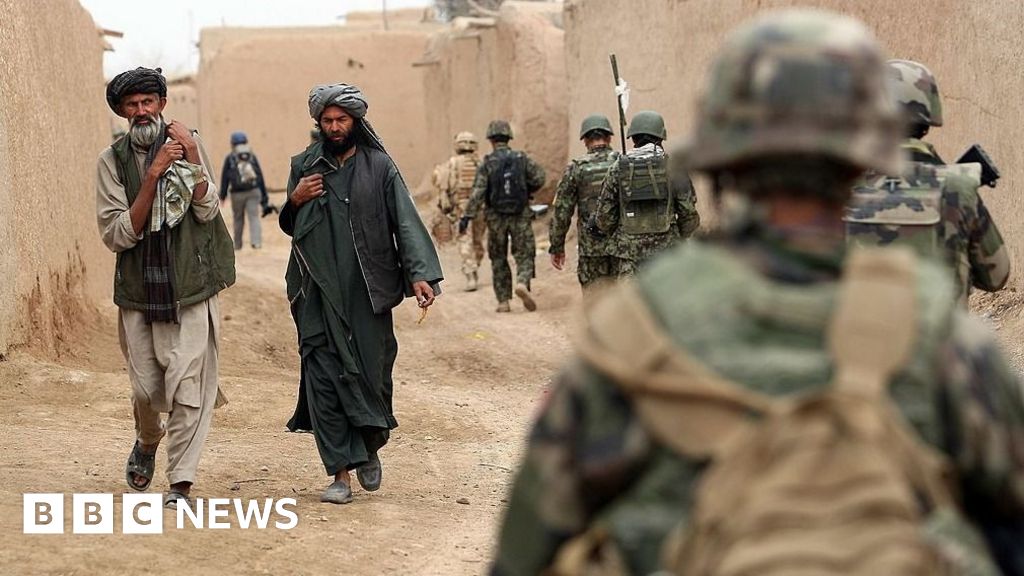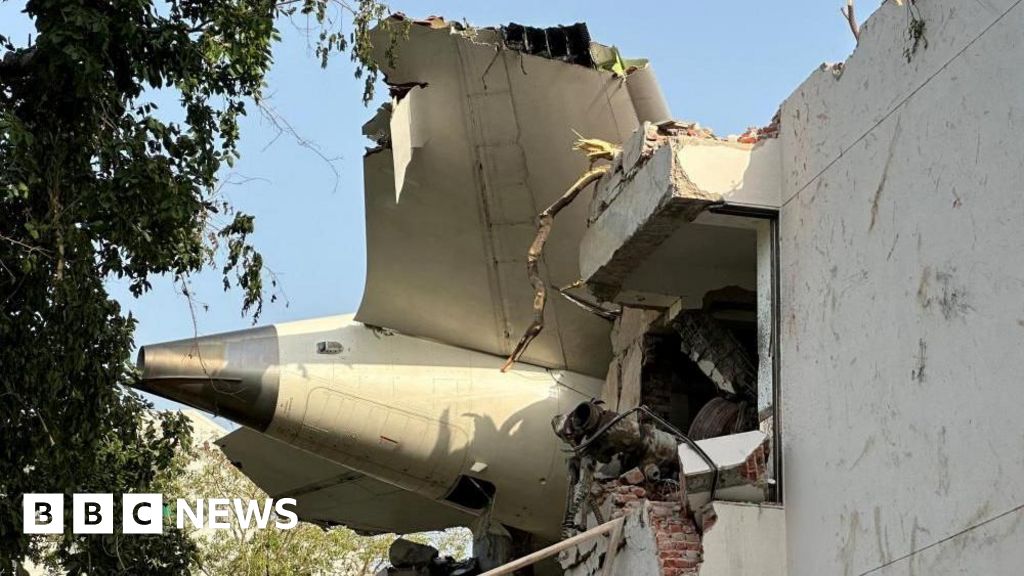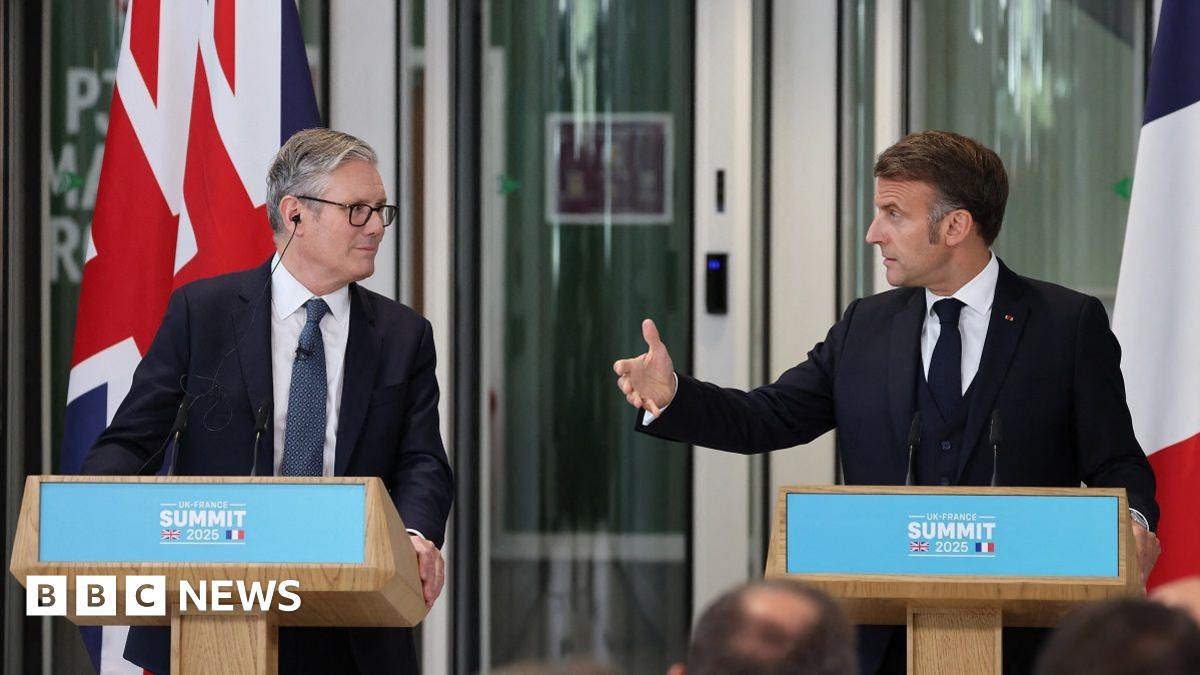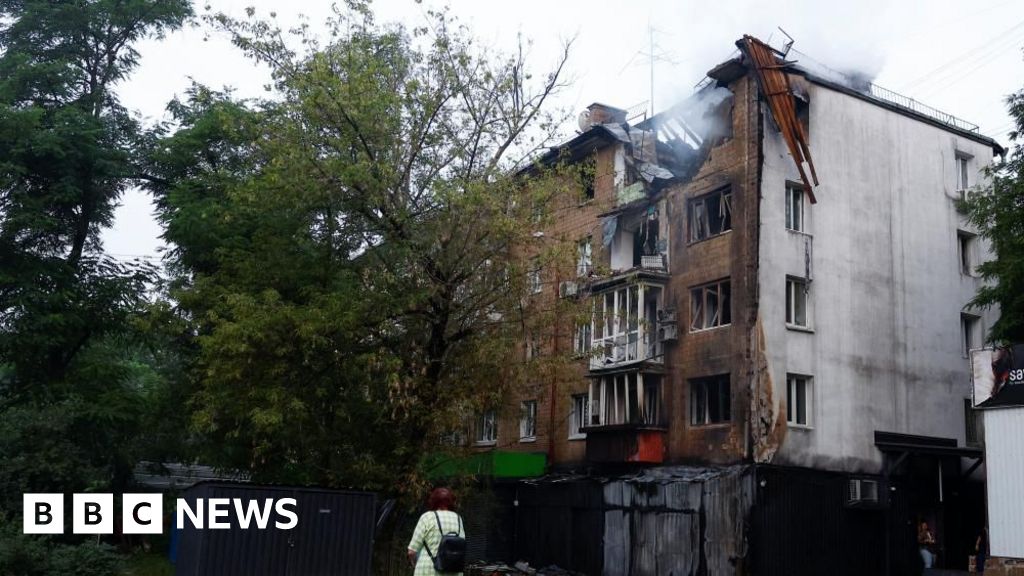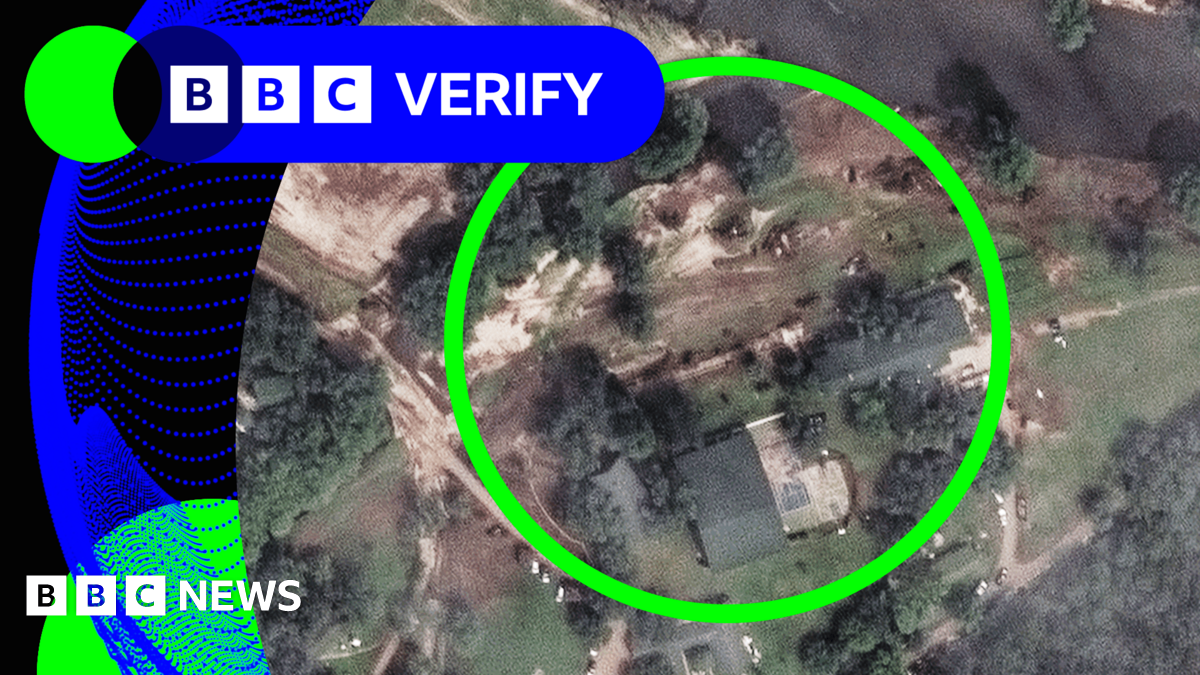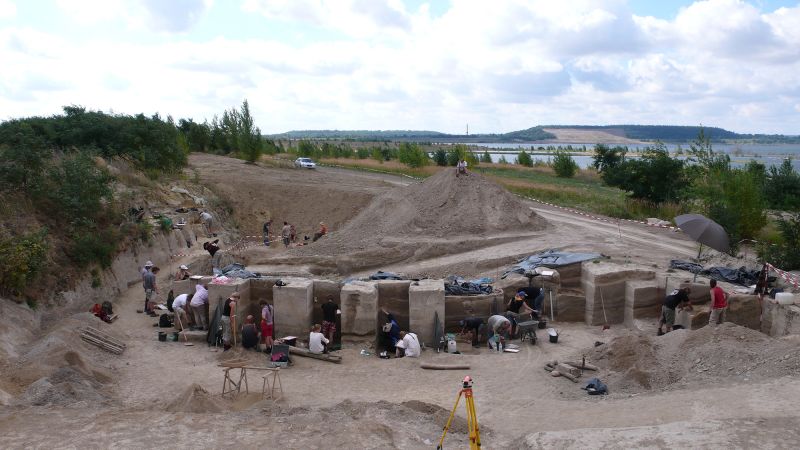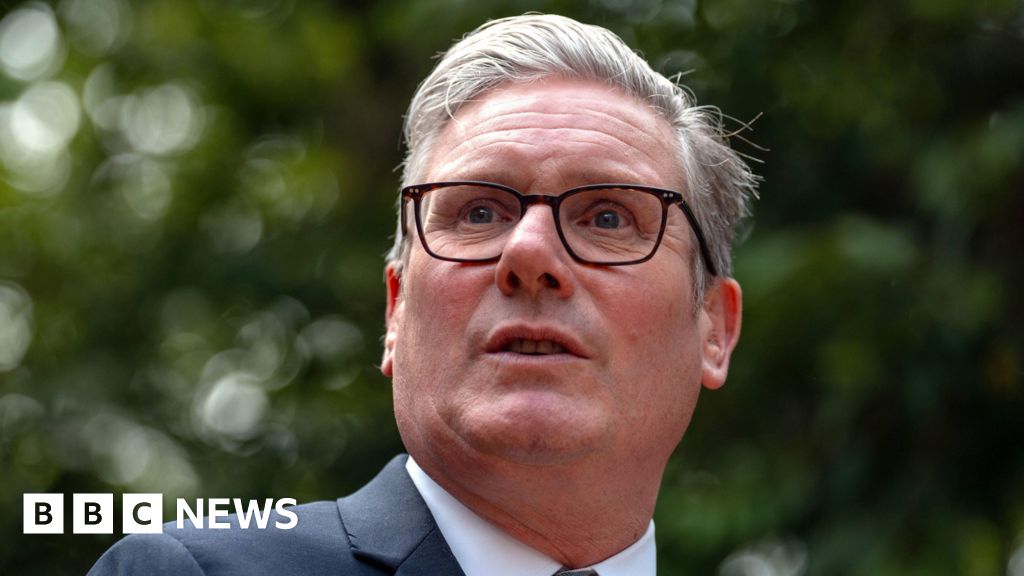The Fallout of the Afghanistan Data Leak
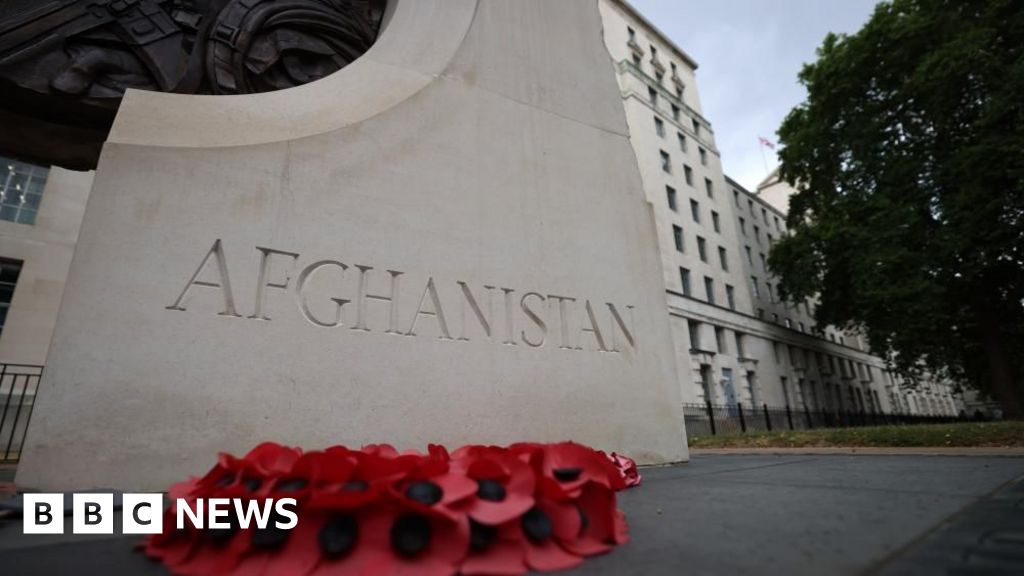
Introduction
The recent data leak in Afghanistan has sparked an unprecedented secret evacuation, leaving many questions unanswered. The BBC's security correspondent Frank Gardner has analyzed the situation and provided insights into the fallout. The leaked data contains the personal information of Afghan citizens, including names, addresses, and even details about their families. With this sensitive data now in the hands of the Taliban, many are left wondering about the implications and consequences.
Key Details
The leaked data has caused a major security concern for the Afghan citizens whose personal information is now vulnerable to exploitation. The Taliban has a history of targeting and punishing those who worked with Western forces, and with this data, they now have the means to identify and locate individuals. The situation has also raised questions about the security protocols in place and the potential for further data breaches in the future. Furthermore, the leak has also highlighted the precarious position of those who worked with foreign forces and the need for a safe and secure evacuation process.
Impact
The fallout of the data leak has been far-reaching, with many individuals and organizations calling for accountability and immediate action. The safety and security of the Afghan citizens who have worked with foreign forces must be a top priority, and steps must be taken to ensure their protection. The leak has also brought to light the need for stronger data security measures and protocols to prevent such incidents in the future. It is essential to
About the Organizations Mentioned
BBC
## Overview The British Broadcasting Corporation (BBC) is the world’s oldest and largest national broadcaster, serving as a cornerstone of public service media in the United Kingdom and beyond[1][2]. Headquartered in London, the BBC operates under a royal charter and is primarily funded by a television licence fee paid by UK households, ensuring its editorial independence from both government and commercial interests[1][2]. This model allows the BBC to fulfill its mission to “inform, educate, and entertain” with impartiality at its core[3]. ## History and Evolution The BBC was founded on October 18, 1922, as the British Broadcasting Company Ltd., evolving into a public corporation under royal charter on January 1, 1927[1][2]. Its first Director-General, John Reith, established principles of independence and public service that continue to guide the organization. The BBC launched its television service in 1936, pioneering broadcasting technology, and expanded globally with the BBC World Service in 1932, now broadcasting in 28 languages[1][2]. ## Key Achievements The BBC has been a trailblazer in broadcasting, introducing innovations such as regular television broadcasts, color TV, and digital platforms like BBC iPlayer[1][2]. It has earned a reputation for high-quality journalism, producing globally recognized programs in news, drama, and documentary. The BBC’s international arm, BBC Studios, commercializes content worldwide, while the BBC World Service remains a vital source of news in regions with limited press freedom[1]. The corporation has received numerous accolades, including the Queen’s Award for Enterprise for its international business achievements[1]. ## Current Status and Digital Transformation With over 21,000 employees, the BBC remains a dominant force in media, generating £5.4 billion in annual income, mostly from licence fees[2]. It operates multiple TV channels, radio stations, and a robust online presence, including BBC News Online and BBC.com[1
